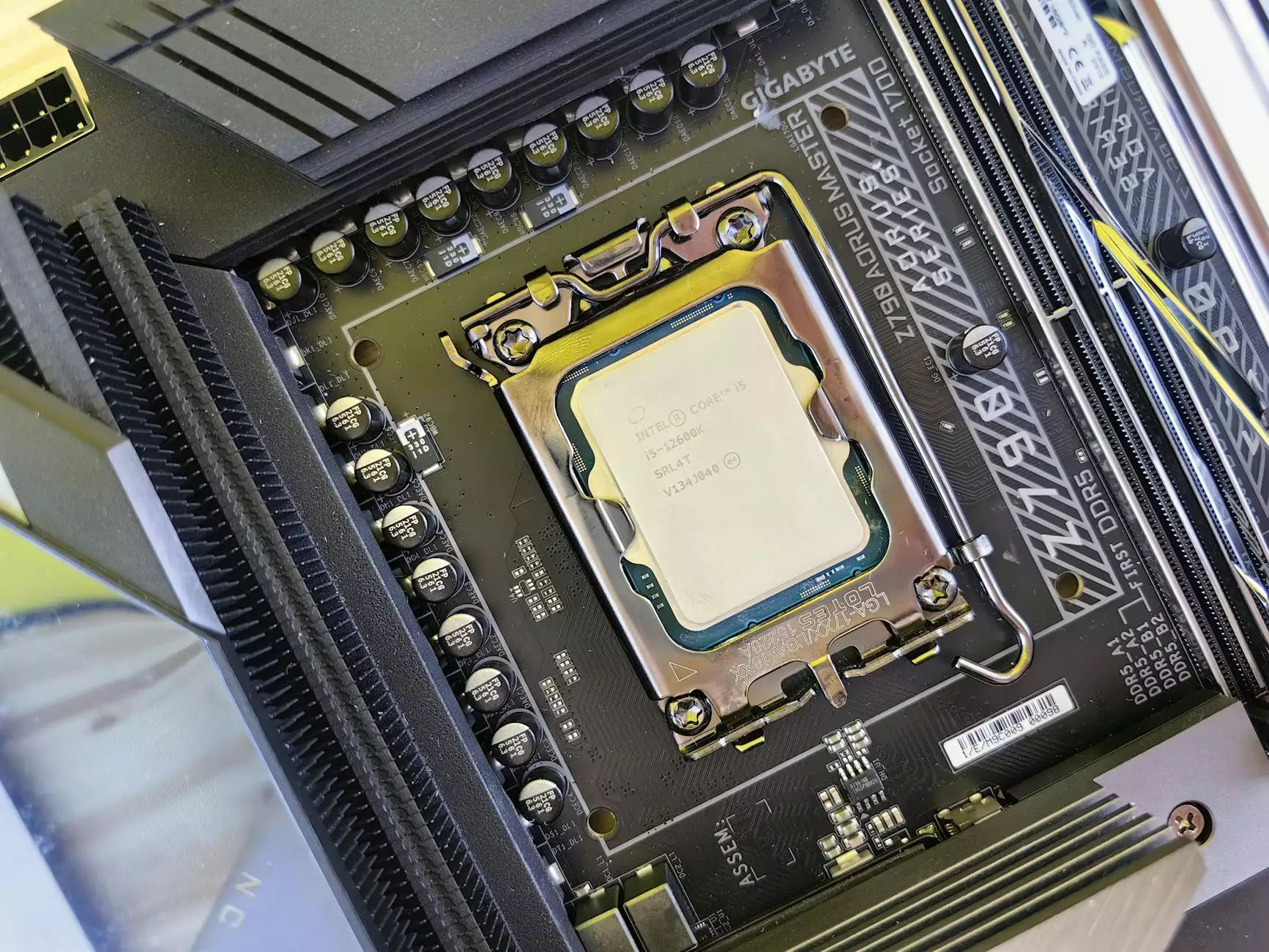The Ultimate Guide to Buying Japanese Auto Parts

If you are in the market for Japanese auto parts, then you have come to the right place. In this comprehensive guide, we will explore everything you need to know about buying Japanese auto parts, including why they are essential, where to find them, and tips for making the best purchase decisions. Whether you are a car enthusiast or simply looking to keep your vehicle in top shape, our insights will provide you with all the information you need.
Why Buy Japanese Auto Parts?
Japanese automakers such as Toyota, Honda, Nissan, and Subaru are known for their reliability and durability. This reputation extends to their auto parts as well. Here are some compelling reasons why purchasing Japanese auto parts is a wise decision:
- High Quality: Japanese auto parts are engineered to precise specifications, ensuring compatibility and longevity.
- Better Performance: When you choose original or OEM (Original Equipment Manufacturer) Japanese auto parts, you can expect enhanced performance and efficiency from your vehicle.
- Improved Safety: Quality parts ensure that your vehicle operates safely, reducing the risk of accidents caused by faulty components.
- Value for Money: While initially they may seem more expensive, the durability and longevity of Japanese parts often result in lower long-term costs.
A Comprehensive Overview of Japanese Auto Parts
Before making a purchase, it's essential to understand the different types of Japanese auto parts available. This knowledge will help you make informed choices tailored to your vehicle's needs.
1. OEM vs Aftermarket Parts
OEM parts are made by the original manufacturer and are identical to the components that came with your vehicle. They often come at a premium price. On the other hand, aftermarket parts are produced by third-party manufacturers and can vary significantly in quality and price. Each option has its pros and cons:
- OEM Parts Advantages:
- Guaranteed compatibility
- High quality and reliability
- Aftermarket Parts Advantages:
- Often more affordable
- Wider variety of options available
2. Commonly Replaced Japanese Auto Parts
Japanese vehicles have specific components that commonly wear out and require replacement. Here’s a brief on some of them:
- Brake Pads and Rotors: Essential for safety, these parts should be checked regularly.
- Filters: Air, oil, and fuel filters need to be replaced periodically to keep your engine running smoothly.
- Suspension Parts: Components like struts, shocks, and bushings are vital for a smooth ride.
- Batteries: Japanese vehicles often require specific battery types to function optimally.
Where to Buy Japanese Auto Parts
When it comes to sourcing Japanese auto parts, there are several avenues you can explore. Each method has its own benefits and drawbacks:
1. Authorized Dealers
Purchasing from an authorized dealer guarantees that you are getting genuine OEM parts. While this option may be more expensive, it ensures compatibility and quality. Look for local dealerships that specialize in your vehicle brand.
2. Online Retailers
eCommerce platforms like 1autoparts.com have extensive selections of Japanese auto parts. Online shopping offers convenience and often better prices. Make sure to:
- Check customer reviews.
- Ensure the website is trustworthy and secure.
- Look for warranties or return policies.
3. Local Auto Parts Stores
Local stores can be an excellent resource for those needing parts quickly. They usually carry a range of OEM and aftermarket parts. Consider building a relationship with the staff for personalized service and guidance.
4. Junkyards
For older models, junkyards can be a treasure trove of usable parts. While this method is cost-effective, it requires thorough inspection and may not always guarantee quality.
Tips for Buying Japanese Auto Parts
To maximize your investment in Japanese auto parts, consider the following tips:
1. Research Before You Buy
Take the time to research the specific parts you need. Utilize forums, manuals, and online articles to gather detailed information about compatibility and alternatives.
2. Compare Prices
Don't settle for the first price you see. Comparing prices from various sources can help you find the best deals, especially on sites like 1autoparts.com.
3. Understand the Warranty and Return Policy
Before finalizing a purchase, review the warranty and return policy to protect your investment in case of defects or incorrect parts.
4. Consult with Experts
When in doubt, consult with professionals or experienced automotive technicians. Their insights can help you make informed decisions.
5. Consider Timing for Purchases
Take advantage of seasonal sales, discounts, and promotions, especially during holiday seasons when many retailers offer great deals on Japanese auto parts.
Maintaining Your Japanese Vehicle with Quality Parts
Incorporating quality Japanese auto parts into your maintenance routine is critical for ensuring your vehicle operates effectively for years to come. Regular maintenance using these parts will not only enhance performance but also protect your investment. Here's how to maintain your vehicle effectively:
- Regularly Inspect and Replace Worn Parts: Schedule routine inspections to identify components that need replacement, such as belts, hoses, and filters.
- Follow Manufacturer Guidelines: Adhere to the vehicle manufacturer's recommendations for service intervals and parts replacements to maximize your car's lifespan.
- Use Quality Fluids: Ensure you are using the correct oils, coolant, and other fluids recommended for your Japanese vehicle to maintain optimal performance.
Conclusion
Investing in Japanese auto parts is essential for maintaining the performance and longevity of your vehicle. With a keen understanding of the types of parts available and where to buy them, you can make informed decisions that will benefit your automobile in the long run. Whether you choose to shop through authorized dealers, online retailers like 1autoparts.com, or local auto parts stores, always prioritize quality and compatibility. By following the tips outlined in this guide, you are well on your way to ensuring your Japanese vehicle runs as smoothly as it was designed to.
japanese auto parts buy








